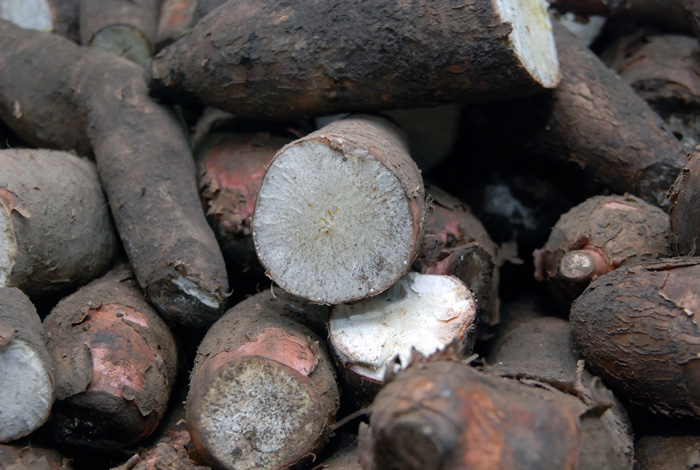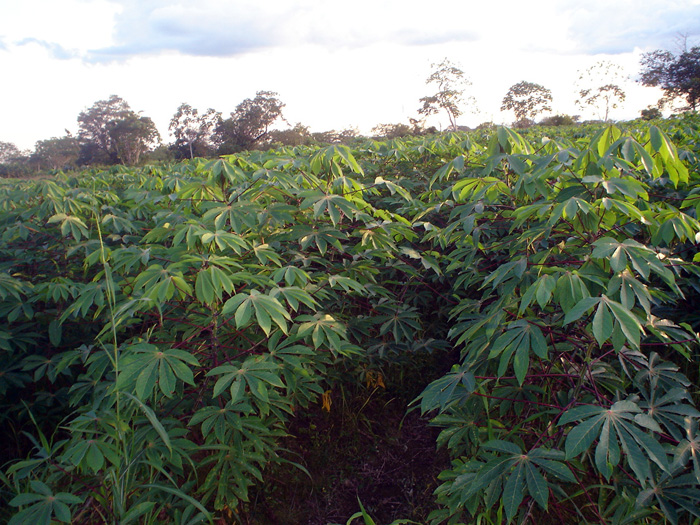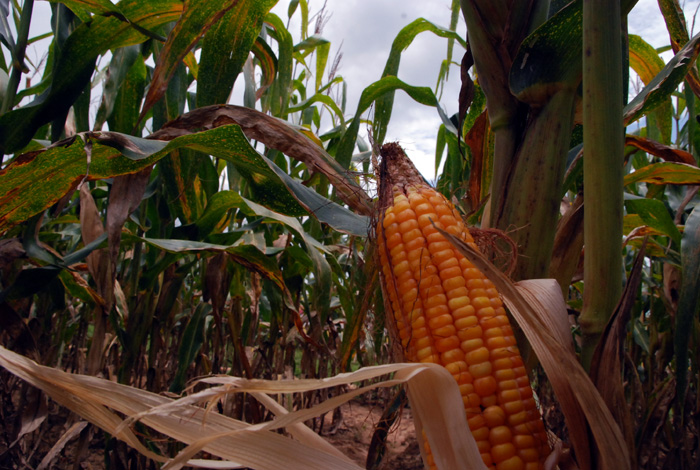The group of researchers from Universidad Nacional de Colombia obtained the prize from this contest organized by the Association of Vegetal and Agricultural Biotechnology, which aims at promoting research in this field as a source of development for the country.
The two prizes highlighted the labor of the scientists regarding a disease that affects the circulatory system and causes death in yucca plants, the third most important crop in the country.
This study that identified the genes of the resistant plants to bacteria is the first step to generate alternatives for a definite solution to this problem that occurs specially in Antioquia, Atlántico, Bolivar, Cauca, Cesar, Cordoba, Magdalena, Norte de Santander, Santander and Sucre, which are important production regions of this tuber.
"We identified micro RNA associated to the resistance of yucca bacteriosis: they are recently discovered molecules that interfere with the regulation of other RNA. They are triggered in response to the infection, trying to normalize some important genes as a response mechanism to the disease," explained Camilo López, Biology professor at Universidad Nacional de Colombia and leader of the investigation.
With this breakthrough, the possibility of developing a modification to the plant through biotechnology to improve the tuber is possible. This discovery would also be part of other crops that use this technique in the country.
"In Colombia we have cotton, corn, and carnations plated using biotechnology, with an advancement that has been relatively slow due to regulatory processes that demand many requirements for companies, but we can see a substantial improvement in productivity thanks to this tool," asserted Pablo Casablanca, president of the board of directors at the Association of Vegetal and Agricultural Biotechnology (Agro-Bio)
This disease can be frequently evident during rainy season, especially in the Colombian Atlantic Coast.
 Correo Electrónico
Correo Electrónico
 DNINFOA - SIA
DNINFOA - SIA
 Bibliotecas
Bibliotecas
 Convocatorias
Convocatorias
 Identidad UNAL
Identidad UNAL





